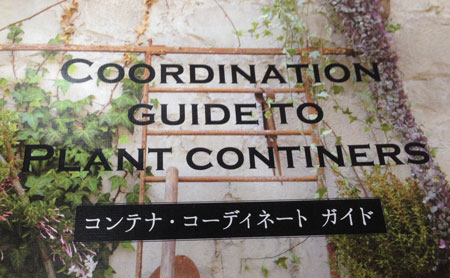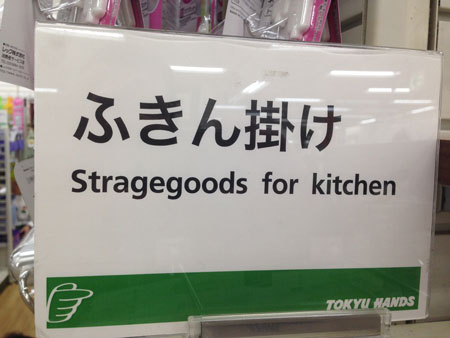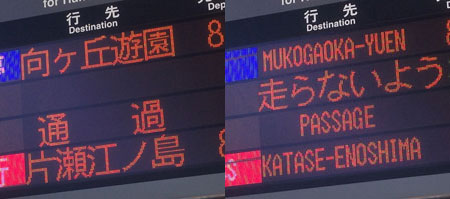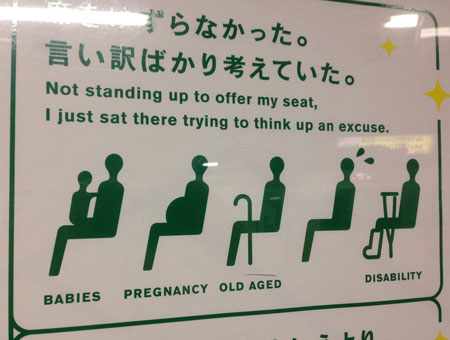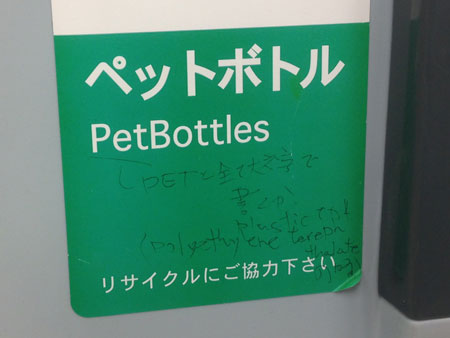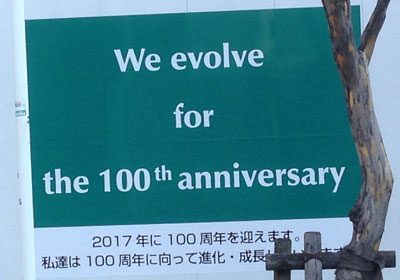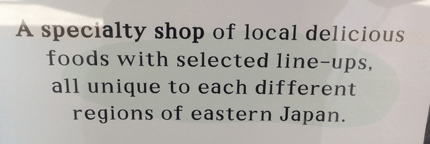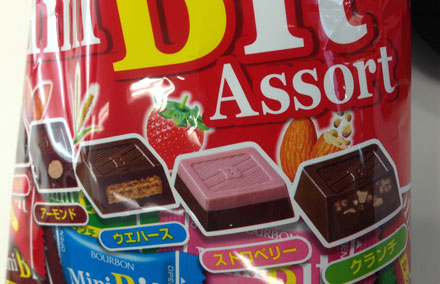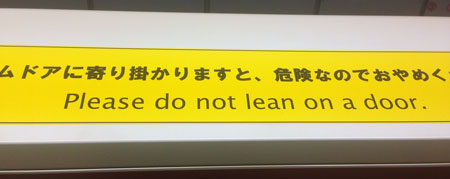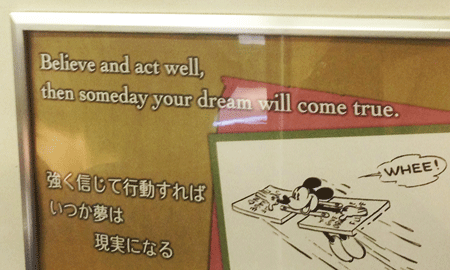
X Believe and act well, then someday your dream will come true.
Tim says:
Act well? Do you mean, on a stage? In a movie?
Act has various meanings, but when I hear “act well”, I think it can only be referring to the meaning of what an actor does in a theater.
Fortunately, this is a case where we can see the original Japanese that was translated incorrectly. 「強く信じて行動すれば…」Certainly 「行動する」can be translated as “act”, but “well” is not a good translation of 「強く」. Also, apparently “well” was meant to apply to “believe” as well as “act”, but that’s not clear without reading the Japanese, and in any case, “believe well” is also a bit strange.
A direct translation might be “If you strongly believe and strongly act…”, but it doesn’t sound natural. A sentence like this will have to be translated more loosely in order to sound natural. Here’s my attempt:
O Believe with all your might, do your best, and someday all your dreams will come true.
周囲にある英語を見て、果たしてそれが正しい英語なのだろうかと感じる英語はありますか?「あの英語は絶対に間違っている」という英語の表記はありますか?看板の写真を撮って、Machigai.comに送りましょう!とんでもない英語だったら、このコーナーで出します!
